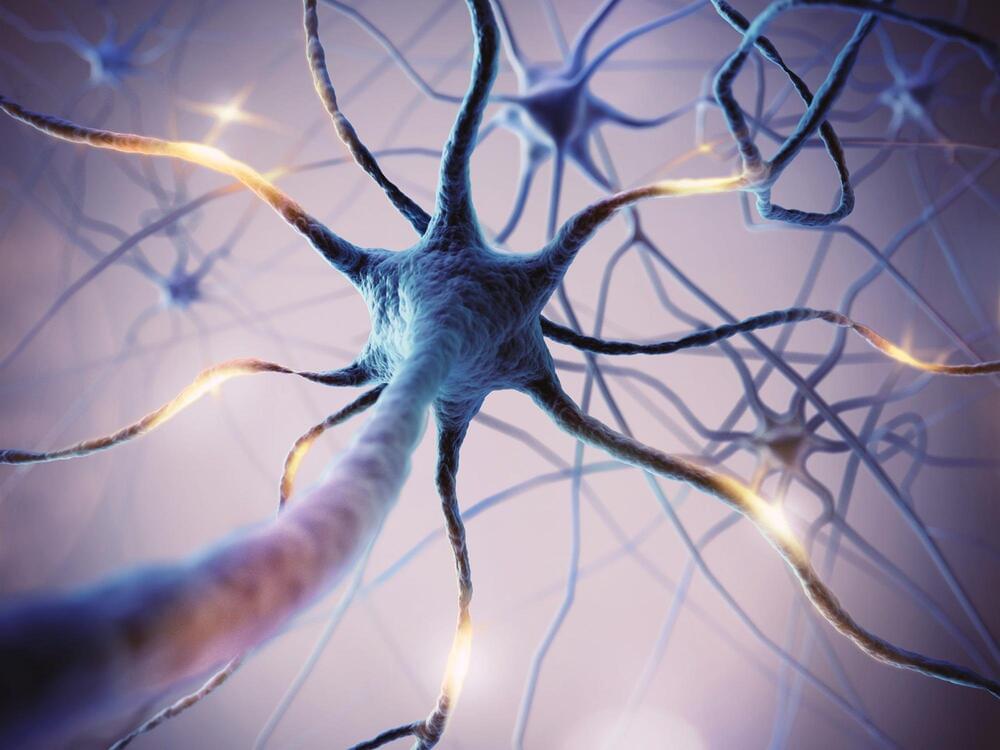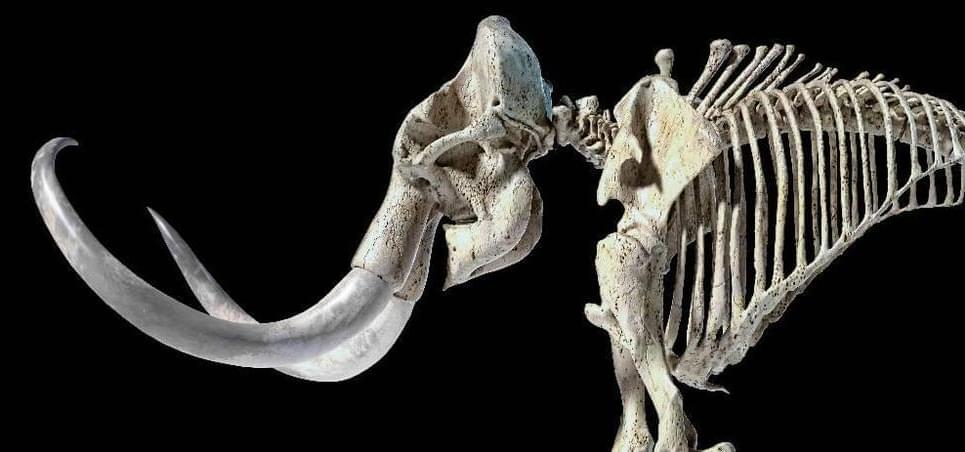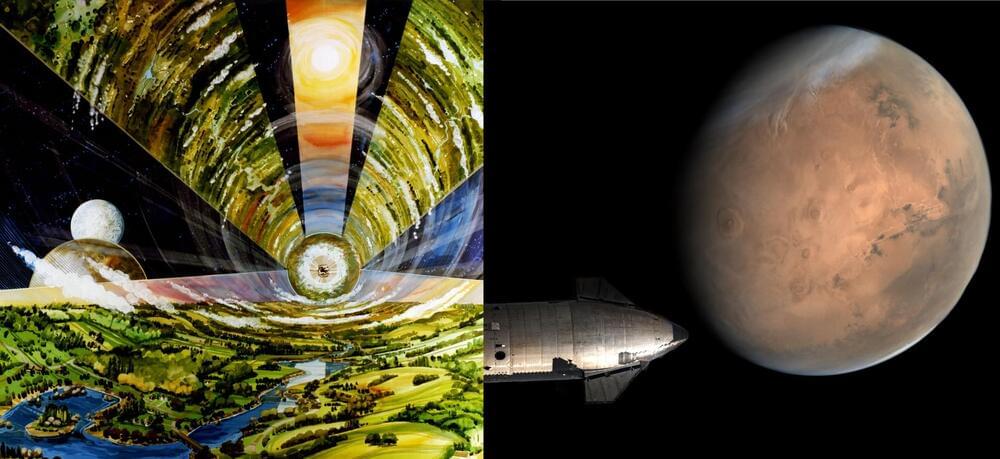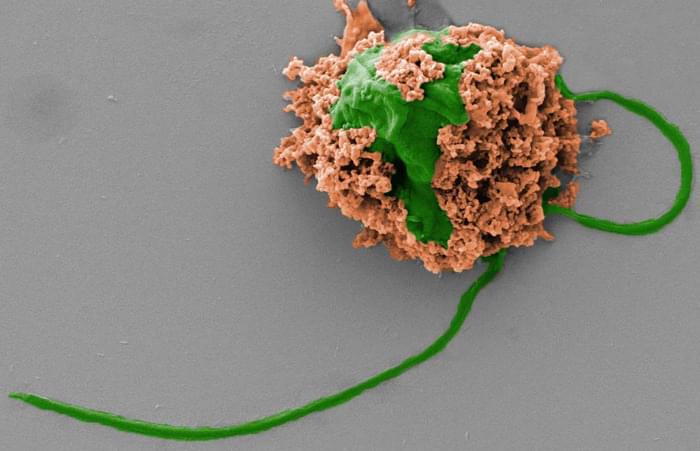The tech is called Flettner Rotors.
A multidisciplinary design company called 3deluxe has revealed a new low carbon-emission superyacht concept called FY.01. The company made the superyacht design public on Friday, and it is sure to wow thanks to its eco-credentials, aesthetics, and usage of cutting-edge technology.
Flettner Rotors were developed over 100 years ago and use rotating vertical pipes to transform wind energy into a highly efficient transversal force. The technology relies on an effect referred to as the Magnus force and it has seen a powerful revival over the years due to the availability of new materials that make it more efficient and viable.
Although it is currently predominantly used on utility vessels, more and more companies have begun to substantially increase fuel efficiency on large scale commercial vessels by adding Flettner Rotors.
FY.01 is also silently powered by electricity generated by white solar panels on the roof surfaces of the yacht. However, the Flettner rotors remain its main source of energy. Depending on the wind conditions, the force generated by these systems supersedes that of a sail of equivalent size.









